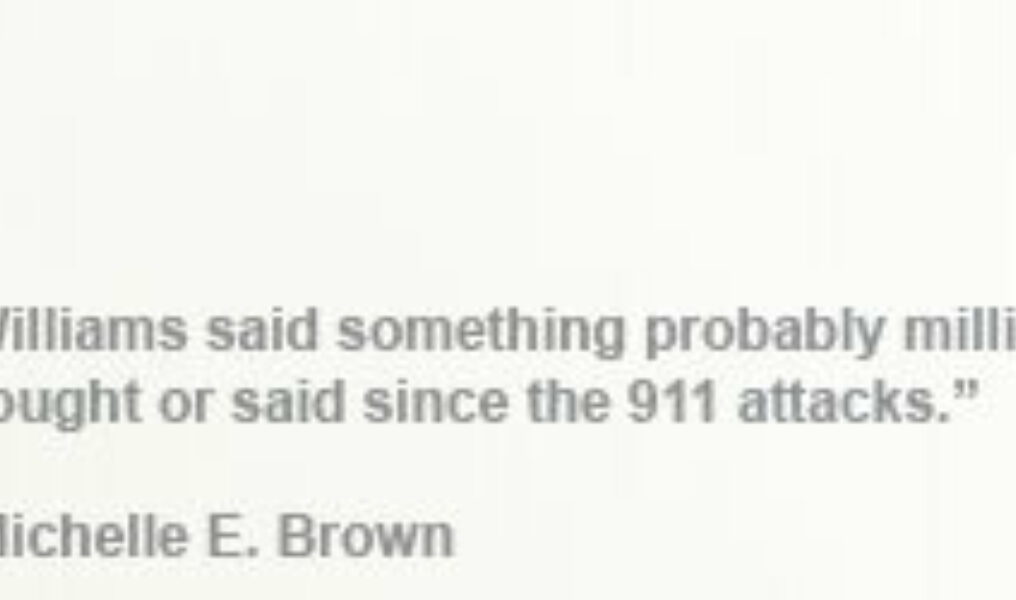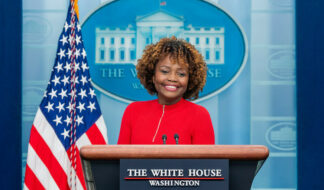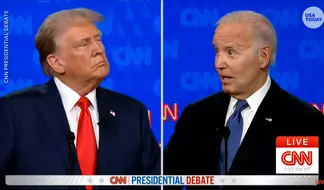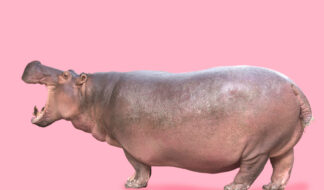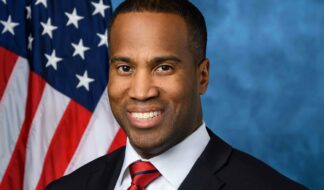
Anyone who knows me will tell you: I LOVE NPR! I am one of those folks they talk about. The one who is always citing some tidbit of information or trivia – which can be heard only on NPR – in my conversations, speeches and my writing. But these days, when we are having so many in-depth discussions on the harm words can cause in response to recent bullying deaths, NPR missed a teachable moment that could have taken this conversation right to the root of the problem – fear based biases.
In case you missed it, Juan Williams, who was a news analyst on NPR, said in an interview on Fox News Channel's "O'Reilly Factor," that when he is on a plane, people in "Muslim garb" make him nervous. NPR promptly fired Mr. Williams, saying the comments were "inconsistent with our editorial standards and practices." Were they right in firing him? Well, as not just a listener, but one who contributes to two public radio stations, I have to cry "FOUL!"
In a statement Williams said, "My words were not a bigoted statement" and quite frankly I agree with him. Is he wrong in having these feelings? ABSOLUTELY! But let's be real, Williams said something probably millions of Americans have thought or said since the 911 attacks. But his comments are no different from the folks, not all white or women, who clutch their valuables to their chest when they see young, saggy-panted African American youth come their way. It is no different from parents who gather up their children and run out of public bathrooms if a trans-person walks in. It is no different from folks who see a Latino man or woman and assume they are illegal immigrants. And it is no different than the white sales clerk who followed me around a store recently lest I steal something.
Unfortunately, we all harbor secret suspicions and biases that we consciously or unconsciously act upon, sending the wrong message to society and especially to youth. Do we think little Johnny or Jane learned the biases of fear and hatred that often lead to bullying and/or suicide out of the blue? They learned them from us.
Firing Juan Williams will not stop these biases, but it can provide teachable moments which can lift us all up. Isn't it time we come out of the closet and talk about what screws us up as a people?
Take hair for instance. To this day African American women and girls still struggle against the stigma of having "bad hair." Now that more women are wearing their hair natural, in dreadlocks, twists, braids, etc. one would think little black girls would be free of hair hang-ups. We don't talk in depth about the history of our hair, why we have different textures or why long, straight hair is ingrained in our historical memory as somehow the "good hair." We don't talk about it because it might take us to unpleasant realities – slavery, white oppression, discrimination – that affect us even today in our post racial society.
But some things just won't go away. Sesame Street writer and puppeteer Joey Mazzarino, who has an adopted African American daughter, noticed she did not embrace her hair. After talking to their daughter and seeing Chris Rock's film "Good Hair," he came out with a new muppet that loves what she's got on top – her black, kinky, braided, dreadlocked hair. And what about homophobia? Our young people are dying because they are gay or perceived to be gay. Little girls wear dresses and play with dolls. Boys wear pants and play with trucks and woe-be-tide the child that strays to far from the norm.
We tell our youth that "It Gets Better," but we don't want to talk about homophobia, our sexuality, our fears. One courageous family is bringing it to the forefront. "My Princess Boy" chronicles the real life of a family having a beautiful 5 year-old son/brother, Dyson, who loves to play dress up; who isn't interested in boy's clothes and loves his pretty girl clothes. With the support of family, teachers and friends, the Kidodavis family is not just changing hearts and minds, but showing the world what it takes for it to get better.
Right or wrong, the media have a bully pulpit that can change hearts, minds and influence society. Sorry NPR, but you took the too politically correct response of dismissal rather than talk about why we fear. I expected better from you.
